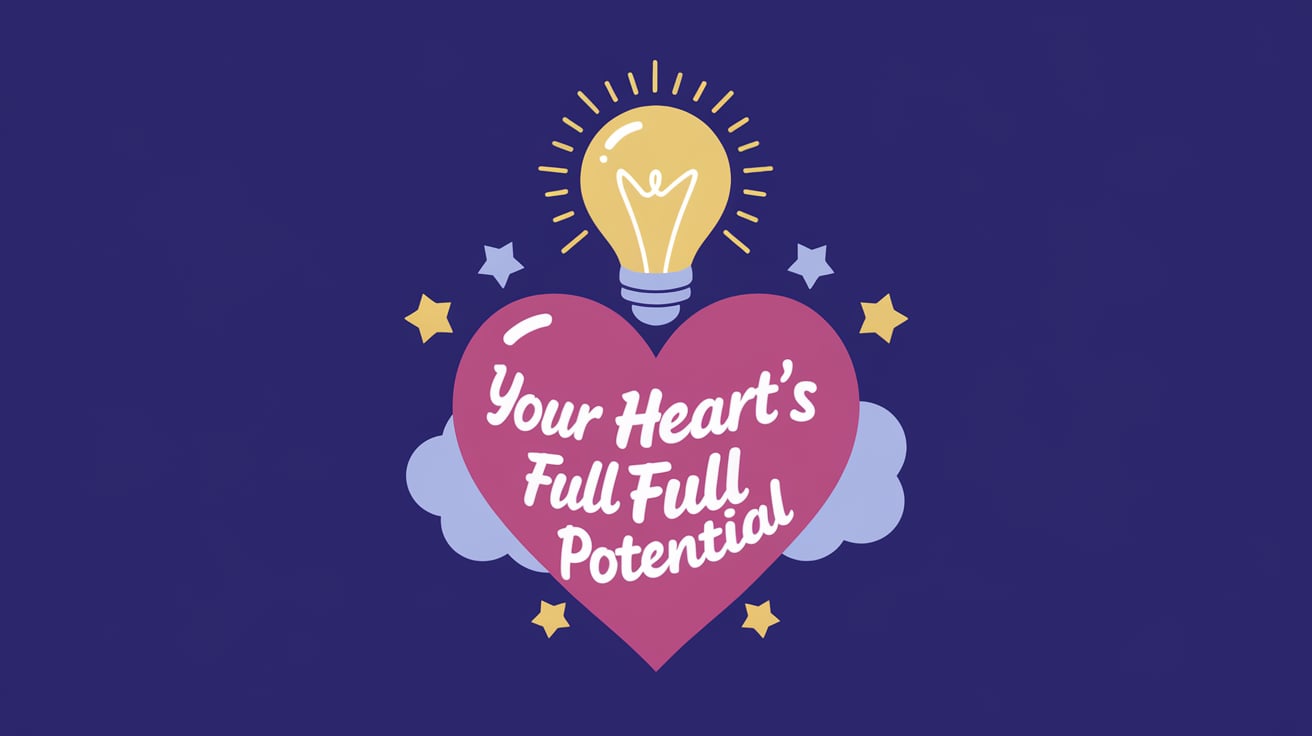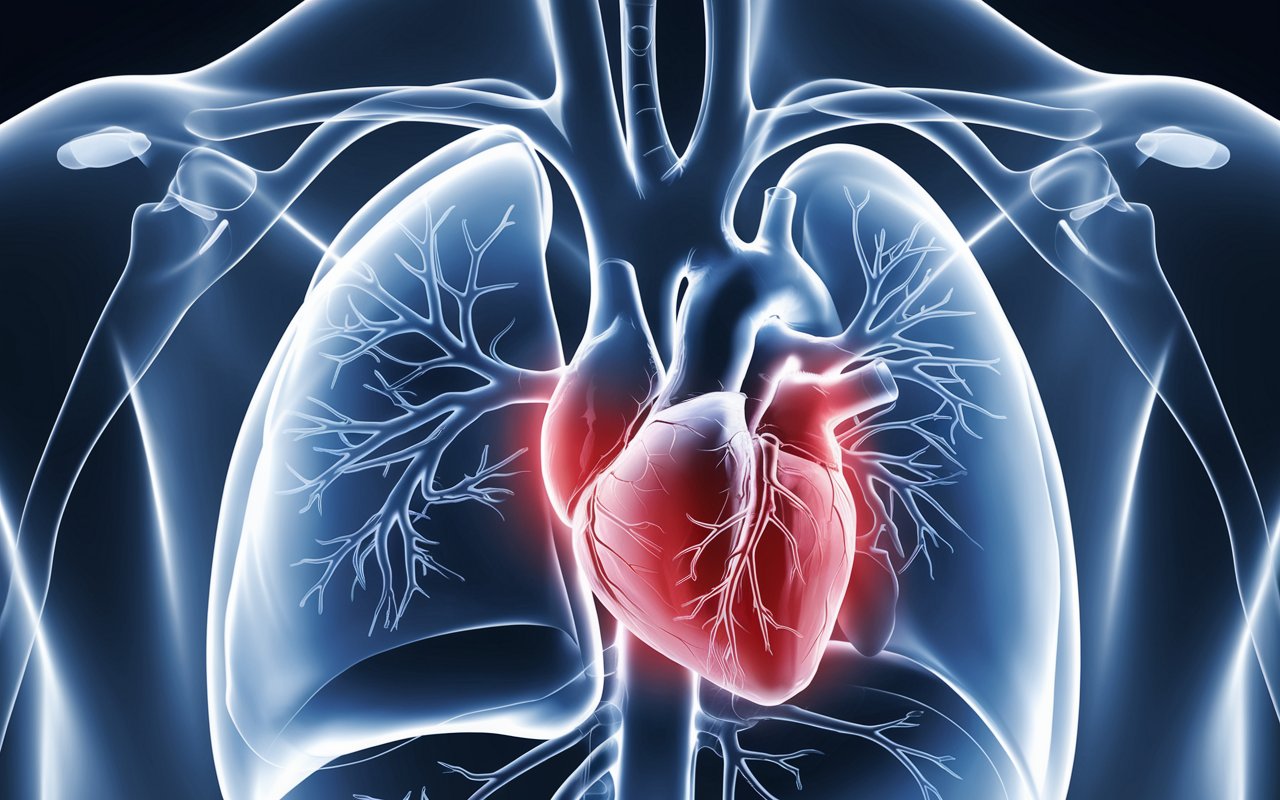Your heart’s full potential

In a perfect world, coronary heart disease which kills almost 120,000 British men and women each year – would not claim lives prematurely at the age of 45, 55 or 65. Hearts would pump bravely and reliably on, overcoming what seem today like impossible odds, to help many of us survive past our 100th birthdays. Clinical experiments together with research into the health and lifestyle of the world’s oldest living people concur on one indisputable point: your heart wasn’t built to fail in the prime of life. It was designed to last at least three score years and ten – though perhaps not until you’ve reached the very old age of 120, as some US longevity
experts suggest. But, all too often, this ingenious, fist-size pump – an amazing.
non-stop machine made of muscle, nerves, blood vessels is destroyed by everyday temptation.
Living testimony
If you want proof of your heart’s untapped potential, consider the people of Okinawa, a Japanese island-state in the East China Sea. This island has the world’s highest proportion of people over the age of 100. Okinawa has an incredible 35 centenarians for every 100,000 residents; Britain has 10.
A traditional lifestyle that values serenity and spirituality, daily exercise and a diet low in saturated fats and high in fruit, vegetables, soya protein and fish, has meant that Okinawa’s death rates from coronary heart disease are 84 per cent lower than those in the UK. Carved into a stone slab facing the sea in one tiny fishing village in Okinawa is an ancient local saying. It reads: “At 70, you are still a child, at 80, a young man or woman. And if at 90, someone from Heaven invites you over, then say, “Oh go away, and come back when I am 100″.”
Western journalists flocked to Okinawa once researchers had alerted the world to its incredibly heart-healthy lifestyle. They found fit, healthy people leading full lives without drugs, nursing homes or life-support systems. A 100-year-old villager outdrank a film crew half her age; a 96-year-old who practice martial arts beat a 30-something boxing champion on national television; a 105-year- old woman who killed a poisonous snake with a fly swatter became a local legend.
The key to longevity
Meanwhile, medical tests revealed how such feats were possible. The centenarians had remarkably healthy hearts, apparently youthful arteries, low cholesterol and little of the oxidative stress that triggers atherosclerosis, the dangerous plaque build- up that can cause heart-stopping blood clots.
Even more surprisingly, researchers who studied 600 of Okinawa’s oldest residents concluded that a healthy lifestyle accounted for 80 per cent of the extraordinary health demonstrated by their hearts, while genetic disposition was responsible for just 20 per cent. The researchers believe that if we in the West lived more like the Okinawan people, many coronary care units could be permanently shut down.
The lifestyle connection
How could this be happening in 21st-century Britain? The truth is, despite our knowledge, we treat our hearts with little respect. A happy, active life will nurture a healthy heart.
The way we live now poses unprecedented threats. Most people eat too much and exercise too little. As a result, many of us are either overweight or even clinically obese.
Our food choices are often horribly unhealthy, flooding our bodies with the worst types of fats and carbohydrates while starving them of beneficial fats, fibre and antioxidants that are vital to health. And the stress that is so often a part of our lives compels our bodies to cope with abnormally high levels of damaging stress hormones and robs us of essential leisure time for relaxing.
That little pump and, most crucially, the arteries which transport blood around the body, weren’t designed for the onslaughts of the 21st century. The heart muscle itself needs a constant supply of oxygen-rich blood, delivered via a network of coronary arteries.
If the lining of any of these supply lines becomes diseased with cholesterol-bearing plaques which constrict the artery, the heart faces an immediate oxygen deficit.
Oxygen-starved heart muscle hurts which explains the short-lived chest pain called angina. Worse still, if a clot blocks the diseased artery, oxygen-deprived heart muscle will die quickly, leading to a heart attack, heart failure and even death.
Is it a heart attack? Dial 999

If you think you or someone else may be having a heart attack, don’t hesitate – dial and let the experts decide. Most heart attack deaths happen in the first hour after an attack beg but people often wait hours before calling for help. Experiencing chest pain or any of the symptoms listed here for more than a few minutes, warrants calling an ambulance immediately At the same time, 300mg aspirin tablet (the standard-sized pain-relief tablet) should be taken, unless the individual is allergic. The tablet should be chewed to get it into the system more quickly.
CHEST DISCOMFORT Most heart attacks involve discomfort in the centre of the chest that lasts more than 30 minutes even when the sufferer is resting, or goes away and comes back. It may be described as a sort of uncomfortable pressure, squeezing, heaviness, congestion, fullness or pain.
DISCOMFORT IN OTHER AREAS OF THE UPPER BODY Symptoms can include pain or discomfort
in one or both arms, the back, neck, lower jaw or stomach.

SHORTNESS OF BREATH This symptom may occur with or without chest discomfort.
OTHER SIGNS Other important features, which may be the only manifestations, are breaking out in a cold sweat and also lightheadedness or overwhelming fatigue or weakness.
The path to a healthy heart

This is the foundation of the 30-Minutes-a-Day Plan. Here are some of the most effective steps you can take without adding more jobs to your to-do list or expenses to your monthly budget – to protect your heart in the way nature intended.
If you smoke you can in fact instantly make savings smoking is widely recognized as the leading cause of vascular disease, damaging arteries and leading to both heart attacks and strokes. Quitting smoking can be tough, but heart-smart living can also be as simple as laughing at a difficult situation rather than just getting angry.
It means going for a stroll after your evening meal, and not always watching television. It means having an apple for pudding rather than apple crumble, or spending 15 minutes enjoying a cup of homemade.
Focus on small changes for big results Fast, simple diet modifications
can cut cholesterol by 30 per cent. A 5-minutes-a-day weight-training program can replace 10 years’ worth of lost muscle tissue. This book is packed with time saving lifestyle changes that get results, don’t cost a fortune and are easy to stick with in the long run.
Conquer ‘sitting disease’
Britons are leading increasingly sedentary lives with 38 per cent of men and women in England getting less than 30 minutes’ moderate exercise per week. Yet our bodies are built for lots and lots of daily activity. We’ll show you how to build healthy movement back into your life, no matter how jam-packed your days are.
Eat fresh foods
Fresh ,whole foods don’t have to cost more or take more time to prepare than the processed stuff. These wholesome, delicious foods – fresh fruits and pure tables, grains, fish, meats, dairy products and even soya – not only taste good, they also protect your heart by reducing blood fats, lowering elevated blood sugar, calming inflame mote hand fighting destructive free radicals. Weld elevated blood suet way to start eating more healthy foods and fewer packaged products.
Read More :- GYM


1 thought on “Your heart’s full potential”